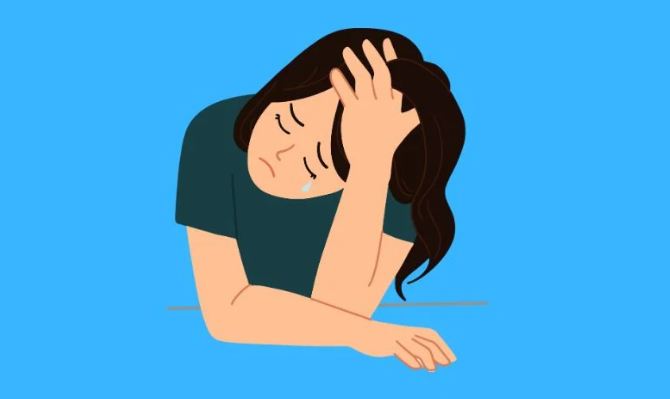Summer is typically a time of joy and celebration, with beach outings and celebrations in full flow. But, believe it or not, some people have a completely different experience during these warm months.
Seasonal Affective Disorder (SAD) is a syndrome that is more typically linked with the winter blues owing to a lack of sunlight.
According to the National Alliance on Mental Illness, it can also hit during the summer, impacting 10% of the population.
According to Marie Claire UK research, there has been a considerable increase in searches for “reverse Seasonal Affective Disorder” and “summer depression.”
It appears that more people are discovering that summer does not automatically imply eternal enjoyment.
According to psychologist Professor Margareta James, more people are becoming aware of this summertime variation of SAD.
So, what exactly is Seasonal Affective Disorder?
According to the NHS, SAD is a sort of depression that comes and goes with the seasons.
It is usually linked with winter. Although the specific mechanism is unknown, it is widely assumed that decreasing sunshine exposure during winter has a role.
This lack of sunshine can interfere with the creation of hormones such as melatonin for sleep and serotonin, the “happy hormone.”
Changes in light patterns can also throw our internal clocks off, influencing factors like appetite and mood.
Professor James explains, “Excess light disrupts melatonin production needed for sleep.
If your room is too bright, or if late-night outings lead to early morning light exposure, your sleep and mood can take a hit.”
Still, it’s essential to remember that other factors can contribute to summer blues, like financial stress and a lack of personal time.
Professor James warns, “The pressure to socialize during summer can affect your mood, and pushing yourself too hard can make things worse.”
In essence, while most people associate summer with fun and socializing, it’s important to remember that some people can suffer from Seasonal Affective Disorder even throughout the summer.
Being aware of this disease and its potential triggers might assist individuals in seeking appropriate mental health care and coping skills.

















